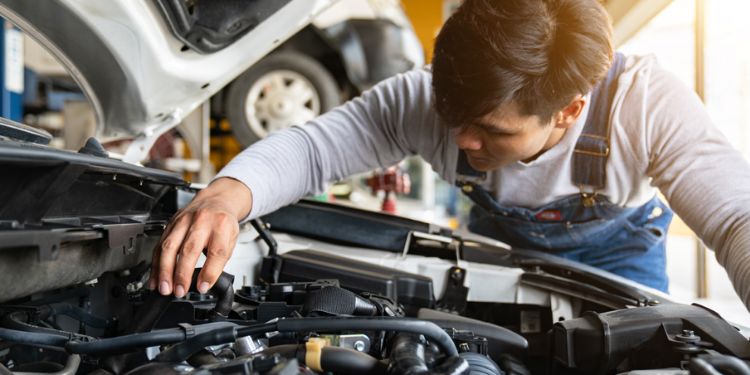Your car is more than just a means of transportation; it’s an investment in your daily life. To protect this investment and ensure your safety on the road, regular car inspections are crucial. In this blog, we will discuss why routine car inspections are essential, what they involve, and how they can save you time and money in the long run.
Why Regular Car Inspections Are Vital
1. Safety First
Safety is the primary reason for regular car inspections. When you drive, not only your life but the lives of others are in your hands. A well-maintained vehicle is less likely to break down on the road unexpectedly, reducing the risk of accidents. Inspections can catch potential safety issues before they become dangerous.
2. Prevent Costly Repairs
Regular car inspections can identify and address minor issues before they escalate into major, expensive problems. For example, catching a worn brake pad early can save you from having to replace the entire braking system. Preventive maintenance is always more cost-effective than extensive repairs.
3. Extend the Lifespan of Your Vehicle
Cars are not designed to last forever, but with proper maintenance, you can significantly extend the life of your vehicle. Regular inspections, oil changes, and fluid checks ensure that all components of your car work optimally and reduce wear and tear.
4. Ensure Optimal Performance
A well-maintained car performs better. You’ll enjoy better fuel efficiency, a smoother ride, and improved handling. Regular inspections can identify issues that might be affecting your car’s performance, allowing you to address them and enjoy a more enjoyable driving experience.
What a Typical Car Inspection Includes
1. Brake System Inspection: Checking brake pads, rotors, and brake fluid levels.
2. Tire Inspection: Assessing tire tread, pressure, and overall condition.
3. Fluid Checks: Examining engine oil, transmission fluid, coolant, and other essential fluids.
4. Suspension and Steering Inspection: Ensuring your car handles and rides smoothly.
5. Lights and Electrical Systems: Verifying that all lights (headlights, taillights, turn signals, etc.) are functioning properly.
6. Engine Performance: Analyzing the engine for any signs of trouble.
7. Exhaust System Inspection: Checking for leaks or damage.
8. Transmission Inspection: Ensuring smooth shifting and performance.
How Often Should You Inspect Your Car?
The frequency of car inspections can vary depending on the age, make, and model of your vehicle. In general, it’s recommended to inspect your car at least once a year. However, if you drive long distances or have an older car, more frequent inspections may be necessary. Your car’s owner’s manual can provide specific recommendations.
Conclusion
Regular car inspections are a small investment that can yield substantial returns in safety, cost savings, and vehicle longevity. By addressing issues before they become critical, you can enjoy a smooth, reliable, and safe driving experience. Remember, an ounce of prevention is worth a pound of cure, especially when it comes to your vehicle. Don’t wait for something to go wrong – schedule your next car inspection today and keep your investment in top shape.





